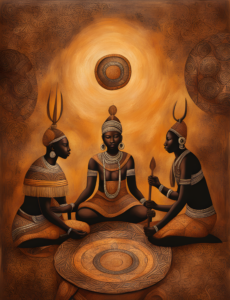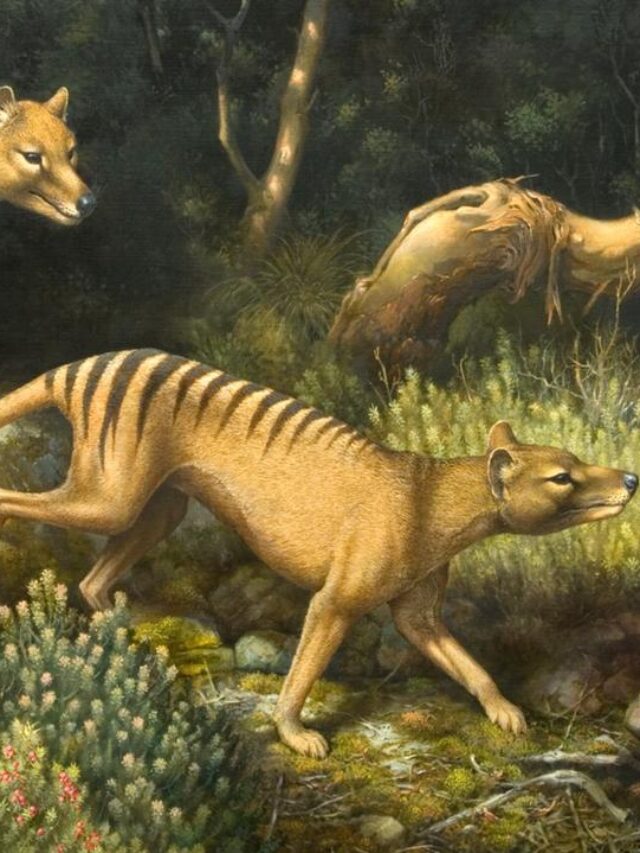Explore the intriguing origins of societies and the fascinating journey of how the societies came into existence. Delve into the annals of history and uncover the secrets of our communal evolution.
Introduction
The story of how societies came into existence is a captivating journey through the annals of human history. It’s a tale of collaboration, innovation, and adaptation. In this article, we’ll embark on an enlightening expedition to unravel the complex tapestry of human society. From our early ancestors’ primal gatherings to the sophisticated civilizations of today, the development of societies has been a remarkable odyssey.
In the Beginning: The Primitive Gatherings
The inception of societies traces back to our earliest ancestors who were primarily nomadic hunters and gatherers. These early humans realized that living in groups was beneficial for their survival. They formed primitive communities where they shared the responsibilities of finding food, shelter, and protection from the elements.
In these small, tight-knit groups, humans developed language to communicate and coordinate tasks. This was a pivotal moment in our history as it marked the birth of social interaction, a precursor to the complex societies we know today.
The Agricultural Revolution: Cultivating the Foundations of Society
The transition from a nomadic lifestyle to settled agriculture marked a significant milestone in the evolution of societies. The ability to cultivate crops and domesticate animals provided a stable food source. As a result, communities grew larger, and surplus food led to barter systems and the emergence of early economies.
With agriculture, humans could create permanent settlements, leading to the birth of the first cities. These early urban centers became hubs of culture, trade, and governance. It was a transformative era in our journey toward modern societies.
The Rise of Complex Civilizations
Ancient civilizations like the Egyptians, Greeks, and Romans were instrumental in shaping the societies we know today. They laid the foundations for governance, law, philosophy, and art. The establishment of city-states, empires, and vast trade networks created a globalized world.
Innovations such as the invention of writing and the creation of advanced infrastructure like roads and aqueducts fostered the exchange of ideas and knowledge. This period was a testament to human ingenuity and marked a turning point in the development of society.
The Middle Ages: Feudalism and the Birth of Modern Nations
The fall of the Roman Empire ushered in the Middle Ages, a period characterized by feudalism and the decentralization of power. The societal structure was hierarchical, with kings, nobles, and serfs each playing distinct roles. It was during this time that the concept of modern nations began to emerge.
The Age of Exploration: Connecting the World
The Age of Exploration in the 15th and 16th centuries marked a pivotal juncture in the history of societies. Explorers like Christopher Columbus and Vasco da Gama established new trade routes, leading to the mingling of cultures and the exchange of goods and knowledge.
The Industrial Revolution: The Dawn of Modern Societies
The Industrial Revolution, which began in the late 18th century, saw a profound shift in the structure of societies. Mechanization, urbanization, and technological advancements transformed the way people lived and worked. Factory systems, urbanization, and new transportation networks altered the social fabric.
The 20th Century and Beyond: A Globalized Society
The 20th century witnessed unprecedented change in the structure of societies. The World Wars, technological innovations, and the rise of the internet led to globalization on an unprecedented scale. Societies became more interconnected and interdependent than ever before.
FAQs
Q: What were the key factors that led to the formation of early societies?
A: Early societies formed due to the need for collaboration and mutual support for survival, leading to the development of language and communal living.
Q: How did the Agricultural Revolution contribute to the growth of societies?
A: The Agricultural Revolution allowed for stable food sources, leading to the growth of settlements and early economies.
Q: What role did ancient civilizations play in shaping modern societies?
A: Ancient civilizations laid the foundations for governance, law, philosophy, and art, influencing the development of modern societies.
Q: How did the Industrial Revolution change the structure of societies?
A: The Industrial Revolution brought mechanization, urbanization, and technological advancements that transformed work and living conditions, contributing to the structure of modern societies.
Q: How has the 20th century shaped our globalized society?
A: The 20th century brought about world-changing events, such as the World Wars and technological innovations, that led to the globalization of societies.
Q: What’s the role of societies in today’s world?
A: In the contemporary world, societies continue to evolve, serving as platforms for culture, governance, and human interaction on a global scale.
Conclusion
The evolution of societies from their primitive beginnings to the complex, interconnected networks of today is a testament to the resilience, adaptability, and innovative spirit of humanity. Our journey through time has been marked by challenges, triumphs, and continual transformation. Understanding how societies came into existence sheds light on our shared history and the path that has brought us to the present day. It’s a reminder that our progress as a species is deeply rooted in our ability to cooperate, adapt, and build communities.















